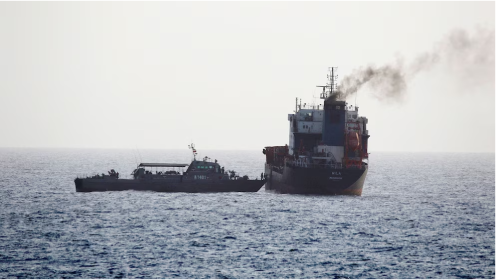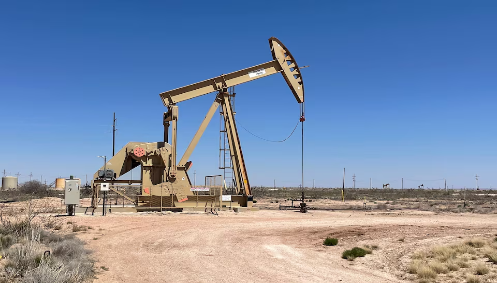The recent escalation of attacks on commercial ships in the Red Sea by Yemen’s Houthi rebels has triggered global concerns, particularly regarding fuel prices. With major shipping routes under threat, oil transportation has been disrupted, leading to fears of a surge in petrol prices.
Impact on Global Oil Supply
The Red Sea is a crucial transit point for oil shipments from the Middle East to Europe and other parts of the world. Any disruption in this area forces oil tankers to take longer, more expensive routes, such as around the Cape of Good Hope. This increases transportation costs, which ultimately impacts fuel prices worldwide.
Oil Market Reaction
Following the attacks, oil markets have already shown volatility, with Brent crude prices rising amid fears of supply constraints. Major oil companies and shipping firms are either rerouting vessels or suspending operations in the region, further tightening supply.
Potential Petrol Price Hike
As transportation costs rise, refiners and suppliers are likely to pass on the increased expenses to consumers. Many analysts predict that if tensions continue, petrol prices could see a sharp increase in the coming weeks. Countries heavily reliant on oil imports may face economic pressure due to rising fuel costs, impacting inflation and overall consumer spending.
Conclusion
The geopolitical tensions in Yemen and the Red Sea are once again highlighting how fragile global oil supply chains are. If the situation worsens, the world may witness another surge in petrol prices, affecting economies and consumers alike. The coming days will be crucial in determining how this crisis unfolds and its long-term impact on global energy markets.





